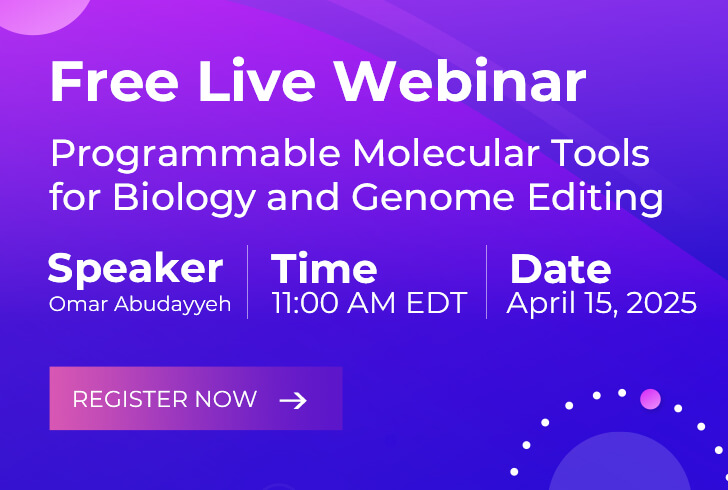Adenosine Deaminase (ADA) Deficiency
Inquiry NowThe use of gene therapy for the treatment of adenosine deaminase (ADA) deficiency and its commonest manifestation form -severe combined immune deficiency (SCID) has progressed significantly in recent years. As a worldwide leader in gene therapy, Creative Biolabs offers high-quality customized service covering the entire gene therapy development process to best suit your technical, program, and budget requirements. Our customer-oriented services include gene delivery vectors' design, optimization & construction, potency tests, safety and toxicology analysis, solutions of specific gene therapy development for diseases, etc. Adeno-associated virus (AAV) has become a powerful vehicle because it elicits minimal immune responses and mediates long-term transgene expression in a variety of cell types.
Brief Introduction of ADA Deficiency
ADA deficiency is a rare, potentially devastating pediatric disease, which results from mutations within the ADA gene, leading to concomitant opportunistic infections, metabolic anomalies and ultimately profound immunologic and nonimmunologic pathology. ADA deficiency most often manifests as SCID characterized by profound lymphopenia with combined T-, B-, and natural killer (NK)-cell defects. The standard of care for ADA-SCID includes enzyme replacement therapy or histocompatible hematopoietic stem cell transplantation. But the limitation of human leukocyte antigen-matched sibling or unrelated donors, as well as severe immune rejection and high cost, all have driven the development of innovative gene therapy for ADA-SCID.
 Figure 1. Current therapeutic options in ADA-SCID and reported autoimmune manifestations after treatment. (Sauer, 2012)
Figure 1. Current therapeutic options in ADA-SCID and reported autoimmune manifestations after treatment. (Sauer, 2012)
Irreplaceable Gene Therapy for ADA-SCID
Over nearly two decades, gene therapies for ADA-SCID have exclusively involved retroviral vectors targeted to lymphocytes and hematopoietic progenitors. However, the risk of insertional mutagenesis and subsequent leukemogenesis cast numerous doubt upon the safety and efficiency of retroviral vectors. An alternative gene therapy for ADA-SCID may utilize recombinant AAV vectors in vivo, with numerous target tissues and relatively low immunogenicity, to foster ectopic expression and secretion of adenosine deaminase. There are lots of characteristics of AAV vectors guarantee their safety and effectiveness, including but not limited to:
- AAV vectors are nonpathogenic with relatively low immunogenicity compared with other viral vectors;
- AAV vectors possess broad tissue tropism and ability to transduce both dividing and nondividing cells;
- AAV vectors are capable of long-term persistence within host cells, facilitating long-term transgene expression and reducing the risk of insertional mutagenesis;
- AAV vectors show a high degree of transduction efficiency into different cell types in vitro, but also efficacy and safety in various small and large animal models in vivo.
Silver JN, et al. constructed recombine AAV9-hADA constructs and injected into mise model of partial ADA deficiency, inspiringly, they got positive results: ectopic hADA expression in skeletal muscle, heart and kidney tissues; increased ADA enzyme activity; partial immune reconstitution. Therefore, AAV gene therapy strategies for the treatment of ADA-SCID may be promising and feasible in the future.
What We Can Do?
Based on our advanced technology and abundant experience, Creative Biolabs provides flexible solutions about AAV-based gene therapy through our offer to select stand-alone services or executing projects in an integrated manner. Our gene delivery vectors library wholly covers all gene delivery vectors, including viral (lentiviruses, adenoviruses, adeno associated viruses) and no-viral vehicles (polyplexes, stem cells, dendrimers, bacteria, dendritic cells, etc.). All of these vectors can transfer precise amounts of foreign gene products to each target cell, sequentially allowing expression without causing cytotoxicity. In addition, our gene delivery platform enables AAV design, AAV purification, AAV titration, AAV toxicity and safety determination to meet every specific demand. It is mentionable that our large-scale AAV vectors are manufactured complyingly with all GLP, GMP, and GCP guidelines.
Creative Biolabs provides high-quality AAV-based services for basic research and clinical applications of ADA deficiency. Novel molecular strategies and experienced engineering techniques are applied to offer satisfactory products or services to promote your brilliant success. If you have any requirement, please feel free to contact us for more information.
Reference
- Sauer, A.V.; et al. (2012). Autoimmune dysregulation and purine metabolism in adenosine deaminase deficiency. Front Immunol. 3:265. Distributed under Open Access license CC BY 4.0, without modification.

